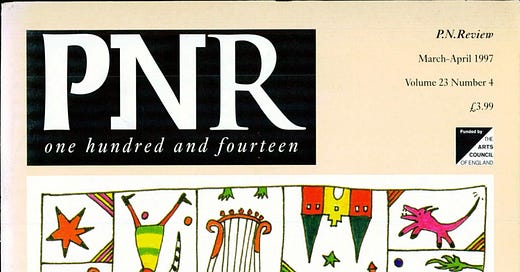To my Father, Across the Seven Seas
Why is it that always across
The seven seas I grip your hand
More firmly than when we sat
Over the wicker table with cups of tea
And the newspaper lay loosely in your lap?
There was the silver of another dawn in your hair,
Your voice quivered with birdsongs.
The newspaper was a thin shield full of the world,
Held against that which had been too much with you
And now was slipping away like loosely held paper. How
Did the world slip from your clasp into paper? When
Did the Word return, pregnant with initial emptiness?
These were not questions a father can ask his son.
Instead, you asked me about my job, my life, my plans -
These were not answers a son can give his father.
When Ammi returned with the knitting, the paper
Had reared itself again, shielding questions from answers,
The wicker table contained seven seas and one more:
I faced the West, you faced the East. The silence
Lasted until an unseen muezzin called you away.
If you are engaged by what you read on our free Substack, do consider subscribing to the magazine. Like all independent literary magazines, PN Review relies on paid subscribers to survive. Subscribers have access to our entire fifty year archive, plus six new issues per year, in print and digital form.
Arrest of the Meter-Reader
The meter-reader was a man of grey: that
Was his colour from hair to official trouser. When
He spoke, his voice fell hoarse like grey leaves.
It was not done, but he had done it before.
His grey notebook was a conjurer's wand,
The black meter box was his oyster;
Or rabbit, that he pulled out at will
To delight those who had paid the ticket.
He did things that had not been done before.
The magic of meters had become his life.
Those numbers beyond change, the oscillating disc: he
Made them human with a green smile.
When they caught him at his tricks, the magic
Had run dry. He waved his expressive hands,
Conjuring up hollow spaces, vast loneliness.
'Poor man,' we said, 'Poor, poor man:
It must have been money that drove him to such tricks,
Maybe ailing parents, a wife and six daughters.'
They took him away still conjuring with magicless hands:
He waved them bird-like, conjuring
The stopped clock, the chipped china.
When we learnt he had no family, he lost our sympathy.
The meters turned mechanical. We
Last saw him in regulation black and white.
These poems by Tabish Khair are taken from PN Review 114, March - April 1997. Further contributions from Khair are available in the archive to paying subscribers, as well as more poetry, features, reviews and reports from across the back catalogue.




